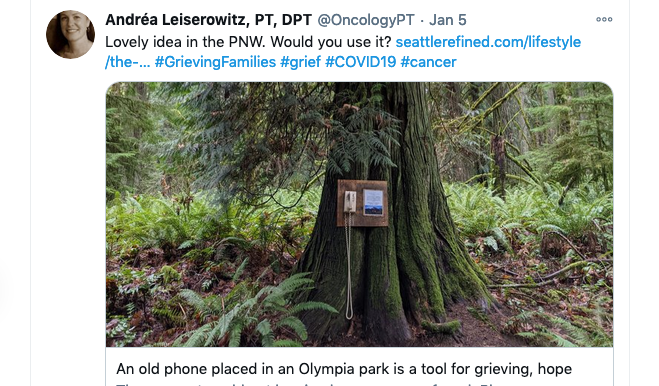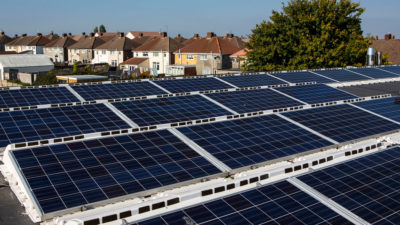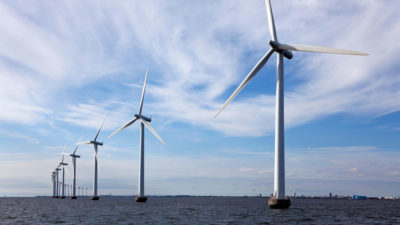In Alaska, one of the longest-running and most comprehensive seabird monitoring projects is equal parts tedium, adventure, truth, and beauty.
View the web version; ~ Photo by Grant Callegari
![]()
Toying with Gravity, Sex, and Fitbits
This week, writer Sarah Gilman
brings readers to the edge of the world, specifically to remote St. Matthew Island, Alaska, in the Bering Sea, where scientists monitor seabird colonies along the frigid, rocky coast.
There, we discover that even the edge of the world is well connected—not via routes easily traveled by humans, but by the ocean’s ecological webs. The millions upon millions of birds that move through the Arctic respond to the larger world in ways both amazing and troubling. For instance, emissions from anthropogenic sources triggered a “blob” of unusually warm water in the North Pacific several years ago, which disturbed the ocean’s plankton, fish, and, eventually, the birds that depend on them.
At first glance, this may seem both bleak and far removed from the world beyond St. Matthew Island, a world that spent much of 2020 suffering death, loss, and isolation at the hands of COVID-19. We continue to scurry across grocery stores, if we are able to get there at all, dodging faces neutered and anonymized by masks—a reminder of how cut off we’ve become.
When I read Gilman’s story, I saw that a very real, physical, and measurable ecological chain exists across incredible distance, between these remote seabirds, the ocean’s denizens, and us.
That these linkages exist gave me reason for optimism this week.
So if you have some time, read Gilman’s latest feature and find yourself at the edge of the world, a place that, despite the distance, is still profoundly connected to the world you know.
Amorina Kingdon
Staff researcher and writer
This Week’s Stories
![]()
Keeping Watch Over Seabirds at the World’s Edge
In Alaska, one of the longest-running and most comprehensive seabird monitoring projects is equal parts tedium, adventure, truth, and beauty.
by Sarah Gilman • 5,900 words / 29 mins
![]()
Salty Seas Make Lightning Brighter
Salt seems to be the reason why bolts are brighter over the ocean than over land.
by Nicola Jones • 700 words / 3 mins
![]()
It’s Gettin’ Hot in Here, So Water All Your Eggs
Rising temperatures are altering the sex ratio of sea turtles. Researchers are exploring one possible fix.
by Brandon Wei • 550 words / 2 mins
![]()
Scientists Have Designed an Activity Tracker for Lobsters
Researchers hope their new device can expose the weak points in the supply chain.
by Steve Murray • 650 words / 3 mins
![]()
Diving Deep with Plankton from the Comfort of the Lab
A new device gives scientists a better way to study the migrations of microscopic plankton.
by Harini Barath • 600 words / 3 mins
What We’re Reading
The vast logging of Oregon’s coastal watersheds has left regions vulnerable to landslides, sedimentation, and drying streams. Now, cash-strapped rural communities that have
already lost out on nearly US $3-billion due to tax cuts awarded to the timber industry are being forced to upgrade their water systems. (
ProPublica)
Amid protests around Nova Scotia’s lobster fisheries,
father and son Michael and Avery Basque—members of the Potlotek First Nation—are pursuing a moderate livelihood in a way that’s inspiring other communities. (
The Narwhal)
“Whale at one o’clock!”
Humpback whales in New York Harbor gave New York City a pleasant surprise as 2020 came to a close. (
National Geographic)
Wolves munching seal pups for dinner?
Not an entirely uncommon sight within the prison grounds of Metchosin, British Columbia. (
Times Colonist)
Farmers and conservationists are linking arms to help secure the safe passage of chinook salmon through
California’s rice paddies. (
Inside Climate News)
As sea level rise occurs along Georgia’s coast,
tiny purple marsh crabs may be benefitting at the cost of other species. (
Scientific American)
![]()
![]()









































